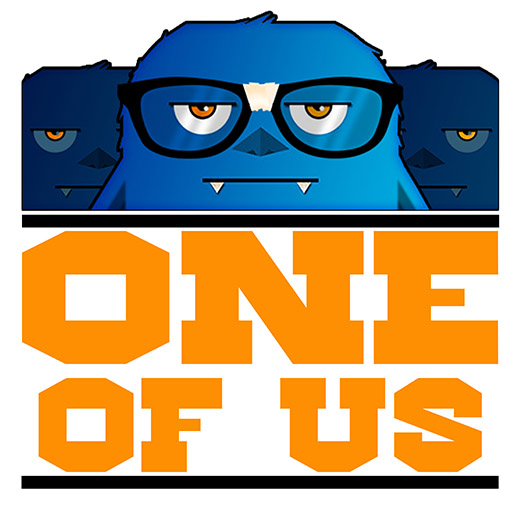Status plays a complex role in the Theatre. It can define where one stands in society. For example, a king would have high status whereas a beggar would not. However, I discovered that status is not absolute and can change in given circumstances. Also, whilst society plays a role there is also status within social groups – for example, Macbeth may have higher status to those he commands, but privately his higher status may be leveraged to Lady Macbeth.
We started of simply, throwing balls to each other in a repeated pattern saying a type of food. We then added two more balls which became a car and a colour. With three balls going around the circle, it was very easy to become distracted and not know when to catch or where to throw, along with forgetting which item goes where. We began to move this exercise around the room, first with the balls then without. Eye contact and focus was key to keep the pace and rhythm going. It was an important lesson in not only being ready as an actor to give, but having the ability to listen. It was very apparent when I concentrated too much on delivering my ball without concern for my partner, who wasn’t ready to receive the ball and therefore dropped it. This was my fault, and not hers.
As a metaphor for performing, it’s very important to listen to a scene partner to react accordingly and not just rush to deliver the next line. Something I have first-hand experience in at an amateur dramatic society. All too often a scene would consist of two people on stage saying lines (regardless of what came before, even if it was the wrong line) rather than characters interacting truthfully.
Next, we began to construct a scene full of chairs and a table. As a group, we rearranged them to create different status for the object. The interesting thing was, there is no discernible reason for a table to have more status in the room than the chairs, but it ultimately comes down to focus.
We each received a number from 1 – 10. We entered the scene (location of our choice) with that status, sat down and then left. My number was 2. Therefore I entered the scene quite timid, didn’t make eye contact. I acted as if I didn’t have permission to be there, uncomfortable in my own skin. It was incredibly fascinating to see each interpretation of their own numbers.
With different numbers, we created an improvised party scene, each interacting with each other as our status number. Here, it was very clear that status can create conflict and change rapidly within a scene based on other statuses around and given circumstances.
Some basic terms:
-status: a person’s perceived access to power
-status ladder: a ranking of characters from highest status to lowest status
-status challenge: when one or more characters try to change their relative place on the status – ladder by strengthening their position
-status equalizer: when one or more characters try to even out their relative places on the status ladder by weakening their position
A status chart can be found here
Drama student or not, an understanding of status is important. Understanding your own status in a situation can help infer behaviour and one should act.
Have the biggest status and comment your thoughts on this week below!
